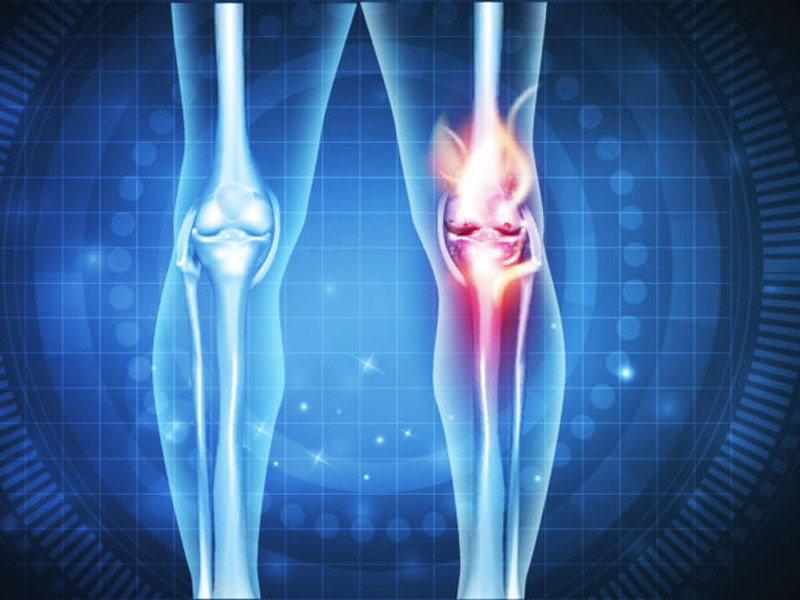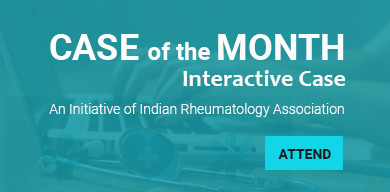WHAT DOES A RHEUMATOLOGIST TREAT
What are Rheumatological disorders?
Diseases affecting musculoskeletal system which are not due to trauma, autoimmune diseases affecting multiple organ systems and osteoporosis are considered rheumatological disorders. There are more than 200 distinct rheumatological disorders
What are the common Rheumatological disorders?
Rheumatoid arthritis
Osteoarthritis
Ankylosing spondylitis
Psoriatic arthritis
Systemic lupus erythematosus (Lupus)
Scleroderma
Sjogren syndrome
Dermatomyositis
Systemic vasculitis
Takayasu arteritis
Granulomatous Polyangiitis (GPA)
Microscopic polyangiitis
Fibromyalgia
Myofascial pain syndromes
Gout
What are some of the rarer Rheumatological diseases?
Behcet’s syndrome
Adult onset still's disease
Inflammatory bowel disease related arthritis
Sarcoidosis
Relapsing Polychondritis
Sapho syndrome
Who treats Rheumatological disorders?
Rheumatologists are doctors who are trained in internal medicine or pediatric and subspecialise in Rheumatology. They are trained to diagnose and treat rheumatological diseases. They are the specialists for many rare diseases and diseases affecting multiple organ systems.
What is the importance of seeing a rheumatologist early in the course of a rheumatological disease?
Most rheumatological diseases have inflammation of autoimmune or other causes. Longer the inflammation stays uncontrolled in any organ system like joints or kidneys it will lead to damage. Damage is irreversible.
Arthritis can lead to joint damage and deformities and disability. Lupus and vasculitis can lead to kidney, nerve or digital damage and loss of function.
Controlling inflammation in joints and any other organ is important in preventing damage and preserving function and even loss of life. Since Rheumatologists are the doctors trained in diagnosing and treating these diseases, they can initiate prompt and appropriate treatment and thus prevent long term sequelae and complications. They are also adept in managing the side effects of some of the immunomodulator drugs, steroids and biological drugs.
When should I see a rheumatologist?
Most of us experience joint or muscle pain at some point in time. Although most of the joint symptoms resolve by itself some of them persists. If your pain is not resolving in 1-2 weeks it is better to take an expert opinion
If joint symptoms are associated with following symptoms it is always advised
- 1. systemic symptoms like fever weight loss
- 2. Most severe pain in the morning hours
- 3. More than 3 joints are involved at the same time
- 4. Skin rash, abdominal pain
Earlier referral should be made if you have relatives with autoimmune or rheumatic disease (as these conditions run in families) or if the symptoms are significantly worsening over a short period of time.
Joint damage can occur if the symptoms of joint pain are ignored or not treated properly over a period of time. This damage cannot always be reversed with treatment and may be permanent. Do not delay appropriate evaluation.
Are there Rheumatologists in all the districts of India?
Unfortunately, No! Up to 2-3% of people have some form of Rheumatological diseases. India produces around 60 rheumatologists per year. There is a need to introduce more training centres in medical colleges and private institutions. The dream is to have at least one rheumatologist in a district. Now most are concentrated in cities.
Please Follow Indian Rheumatology Association
Website: https://www.indianrheumatology.org/
You Tube: Indian Rheumatology Association
Instagram: https://www.instagram.com/indianrheum/
LinkedIn: https://www.linkedin.com/in/indianrheumatology/
Twitter: https://twitter.com/indianrheum
Facebook: https://www.facebook.com/IndianRheumatology/













